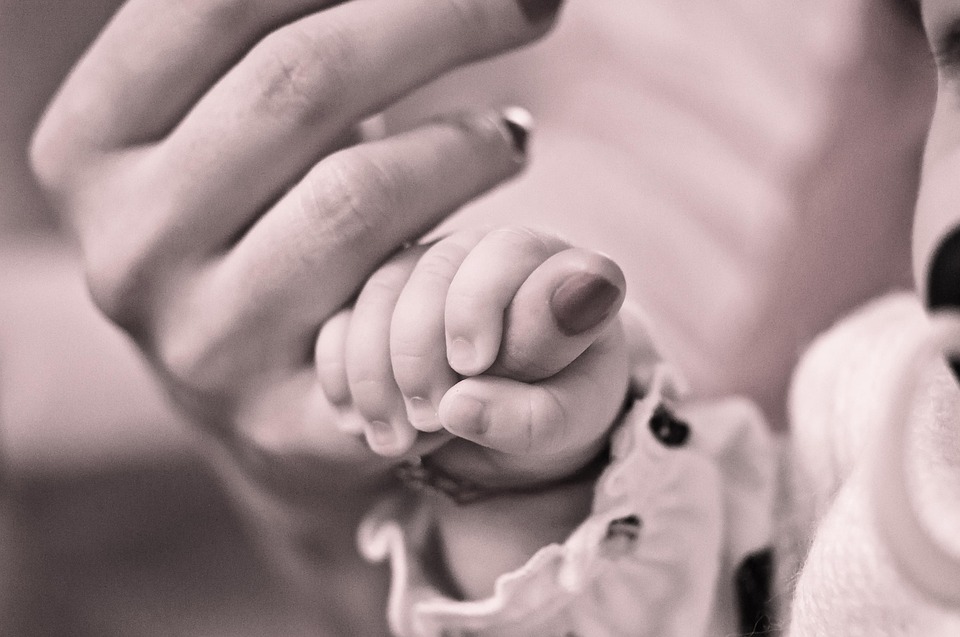West Virginia has continued to see a rise in babies born dependent on opioids.
To counter the problem, the West Virginia University Center for Excellence in Disabilities received $1.5 million from the US Department of Health and Human Services to implement services for mothers and babies facing opioid dependence. The money will extend the five-year-old program another three years.
The center works to reduce the number of babies born with neonatal abstinence syndrome (NAS) as well as aiding in the recovery for babies and mothers by connecting families with already existing resources that help in addiction recovery, health services, and social services using a patient navigator.
Program Director D. Lesley Cottrell says the patient navigator comes from the community and can relate to the lived experience of mothers and family members and can connect them with providers and resources in the area.
“They are key to connecting all the different providers across the different settings. If they notice that there’s a need, they can reach out to find a provider that provides that service,” Cottrell said.
The program introduces patient navigators at birth in the hospital.
“The patient navigator model works best when that patient navigator is employed within the birthing hospital for a couple of reasons,” Cottrell said. “So, they’re there at the birth of the infant. They can make those pivotal connections while mom and family are there. It happens before if there is a separation of mom and baby, for any reason. And they can be there to work with mom, and even the foster parent who might come into play.”
The program also works to connect mothers with addiction recovery programs, education, housing, and job opportunities. The program has expanded the follow-up care babies born with NAS receive after they are discharged from hospital.
“We really want to follow up and not just with our child health visits, but in other ways,” Cottrell said. “So, with occupational therapy, if that’s needed- with speech, if that’s needed- With nutrition. This follow-up clinic would bring in an interdisciplinary group of providers to work with the family and continue to connect them to the needs as the baby develops.”
Cottrell also said that the program does not just focus on one baby but stays in contact with mothers in between babies. It also stays in contact with mothers after they have stopped using substances in case of possible relapse.
Cottrell said that the center helps extend time periods in between giving birth again by aiding in family planning for mothers.
The program works with WVU’s Children’s Hospital, Preston Memorial’s Medication Assisted Treatment Program, Court Appointed Special Advocates Incorporated (CASAINC), WVU behavioral medicine, WVU Pediatrics, and the WVU School of Nursing as well as other national, state, and local programs.























